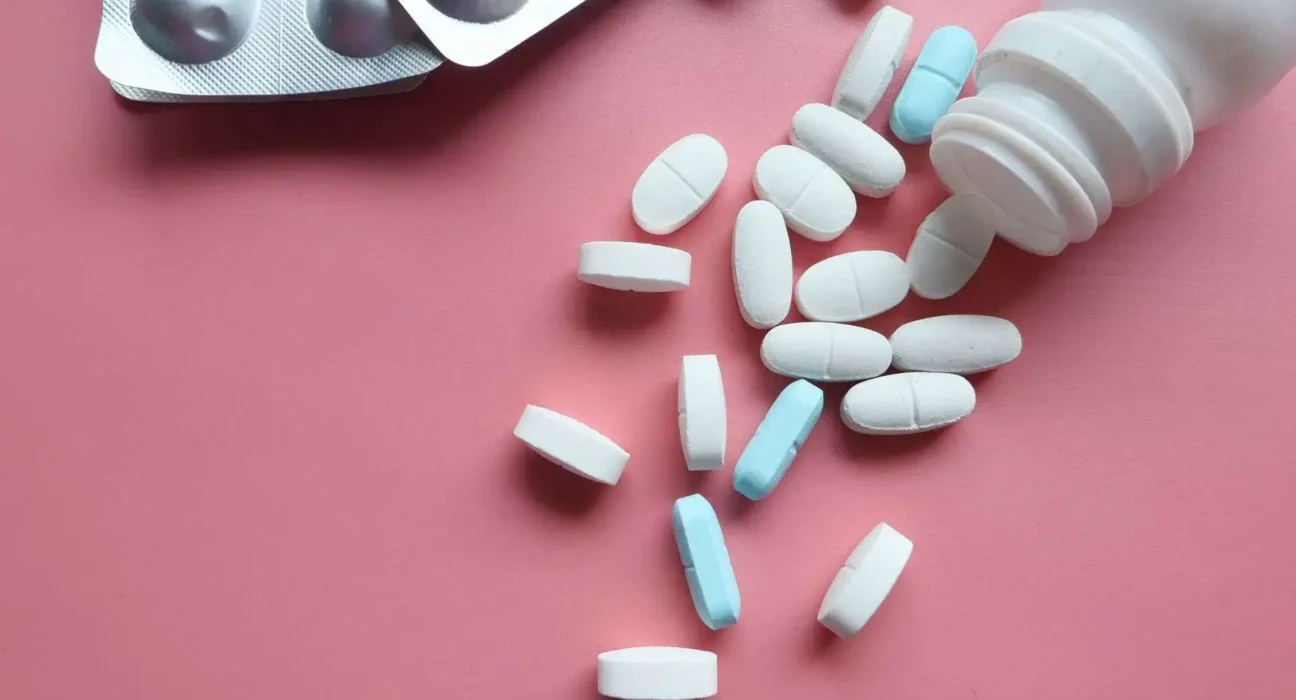depomin82 is a drug that has been in the spotlight for its application in the treatment of some medical conditions. This blog provides an extensive overview of depomin82, from its applications, mode of action, dosage, side effects, precautions, and many more. Whether you are a patient, caregiver, or just someone interested in knowing more about this drug, this guide will have all the information you need to know.
What is depomin82?
depomin82 is a trade name for a drug containing the active ingredient Selegiline. Selegiline is a selective monoamine oxidase inhibitor (MAOI) used mainly to manage Parkinson’s disease. It raises the levels of some brain chemicals responsible for mood and movement regulation.
Depomin82 comes in tablet dosage and is commonly prescribed to control the symptoms of Parkinson’s disease, especially when it is at its initial stage. It can also be combined with other drugs to increase their efficacy.
Uses of depomin82
Parkinson’s Disease
depomin82 is used mostly to manage Parkinson’s disease, a neurodegenerative disorder that involves movement. depomin82 reduces symptoms like tremors, stiffness, and bradykinesia (slow movement).
There is a shortage of dopamine, a neurotransmitter involved in the control of motor functions, in Parkinson’s disease. Depomin82 enhances the amount of dopamine by suppressing the activity of the enzyme monoamine oxidase-B (MAO-B), which destroys dopamine in the brain.
Adjunctive Therapy
Depomin82 is frequently employed as an adjunctive therapy in combination with other medications for Parkinson’s disease, including levodopa. When taken together with levodopa, depomin82 may also be used to decrease the dose of levodopa needed, thus reducing some of its side effects.
Depression (Off-Label Use)
While not its official indication, depomin82 has been employed off-label in the treatment of some forms of depression, especially in patients who have not tolerated other antidepressants. This is because it is capable of elevating levels of neurotransmitters such as dopamine, serotonin, and norepinephrine, which play a role in mood control.
Mechanism of Action
depomin82 acts by selectively blocking the enzyme monoamine oxidase-B (MAO-B). This enzyme is implicated in the degradation of dopamine within the brain. By blocking MAO-B, depomin82 increases the concentration of dopamine, which is important for typical motor function and mood control.
In contrast to non-selective MAO inhibitors, depomin82 acts specifically on MAO-B, meaning that it has a lower chance of producing some side effects, including the “cheese effect” (a potentially lethal rise in blood pressure that occurs when non-selective MAOIs are ingested with foods containing tyramine).
Dosage and Administration
Typical Dosage
The normal initial dose of depomin82 for the treatment of Parkinson’s disease is 5 mg once a day, preferably in the morning. The dose should be increased to 10 mg daily if there is a need, but it should be achieved under the observation of a health practitioner.
Administration
depomin82 tablets are to be consumed orally either with or without food. Care must be taken to observe the dosage recommended by the physician and not take more than the recommended dose without medical consultation.
The medication has to be taken every day at the same time so that levels remain uniform in the blood.
Missed Dose
If a dose is forgotten, it must be taken as soon as it is remembered. If the next dose is close at hand, skip the dose that was missed, and then resume the regular dosing routine. Doubling doses should not be done.
Side Effects of depomin82
As with all drugs, depomin82 may have side effects, but not everyone gets them. Side effects can be mild or severe and may differ from person to person.
Common Side Effects
- Nausea
- Dizziness
- Insomnia
- Dry mouth
- Headache
- Abdominal pain
Less Common Side Effects
- Confusion
- Hallucinations
- Mood changes (e.g., agitation, anxiety)
- Orthostatic hypotension (a decrease in blood pressure when standing)
- Increased sweating
- Serious Side Effects (Seek Medical Attention)
- Serious allergic reactions (e.g., rash, itching, swelling of the face, tongue, or throat)
- Trouble breathing
Chest pain
Restlessness (dyskinesia)
Symptoms of serotonin syndrome (e.g., agitation, hallucinations, increased heart rate, fever, stiffness)
Precautions and Warnings
Drug Interactions
depomin82 may interact with other medicines, resulting in potentially severe side effects. You should tell your doctor about all the medications you take, including prescription drugs, non-prescription drugs, and herbal medicines.
Do not take Deposit 82 with other MAO inhibitors, antidepressants (such as SSRIs or SNRIs), or drugs that affect the levels of serotonin, as this may cause serotonin syndrome, a condition that can be fatal.
Food Interactions
Although depomin82 is a selective inhibitor of MAO-B and there is less risk of interaction with tyramine-rich food, nevertheless, it would be best to avoid excessive intake of tyramine-rich foods (e.g., blue cheeses, cured meats, fermented foods) to avoid an unexpected rise in blood pressure.
Pregnancy and Breastfeeding
The use of depomin82 in pregnancy and lactation has not been well established. If you are pregnant, becoming pregnant, or lactating, consult your physician before taking this drug.
Elderly Patients
Elderly patients can be more sensitive to the effects of depomin82, especially dizziness and orthostatic hypotension. Close monitoring is advisable in these patients.
Liver and Kidney Impairment
Patients with kidney or liver impairment should exercise caution when using depomin82, as the drug is metabolized by the liver and excreted through the kidneys. Dosage adjustments are likely to be required.
Contraindications
Use of depomin82 is contraindicated in the following cases:
- Hypersensitivity to Selegiline or any other ingredient of the drug.
- Simultaneous administration with other MAO inhibitors or some antidepressants.
- History of extensive liver or kidney disease.
Monitoring and Follow-Up
Patients taking depomin82 should be regularly monitored by their healthcare provider to assess the effectiveness of the treatment and to monitor for any potential side effects. Blood pressure, liver function, and kidney function may need to be checked periodically, especially in patients with pre-existing conditions.
Conclusion
Deposit 82 is a precious drug in Parkinson’s disease management, providing an advantage in the relief of motor symptoms and possibly adding to the efficacy of other drugs used in Parkinson’s disease. As with any drug, though, it has possible side effects and risks, especially when taken with other medications.
If you or someone you love is thinking of depomin82 as a part of treatment, it is important to sit down with a healthcare professional to discuss the advantages and disadvantages in detail. Safe dosing, following precautions, and frequent follow-up can guarantee the safe and effective use of depomin82.
Remember, this blog is intended for informational purposes only and should not replace professional medical advice. Always consult your healthcare provider before starting or stopping any medication.






